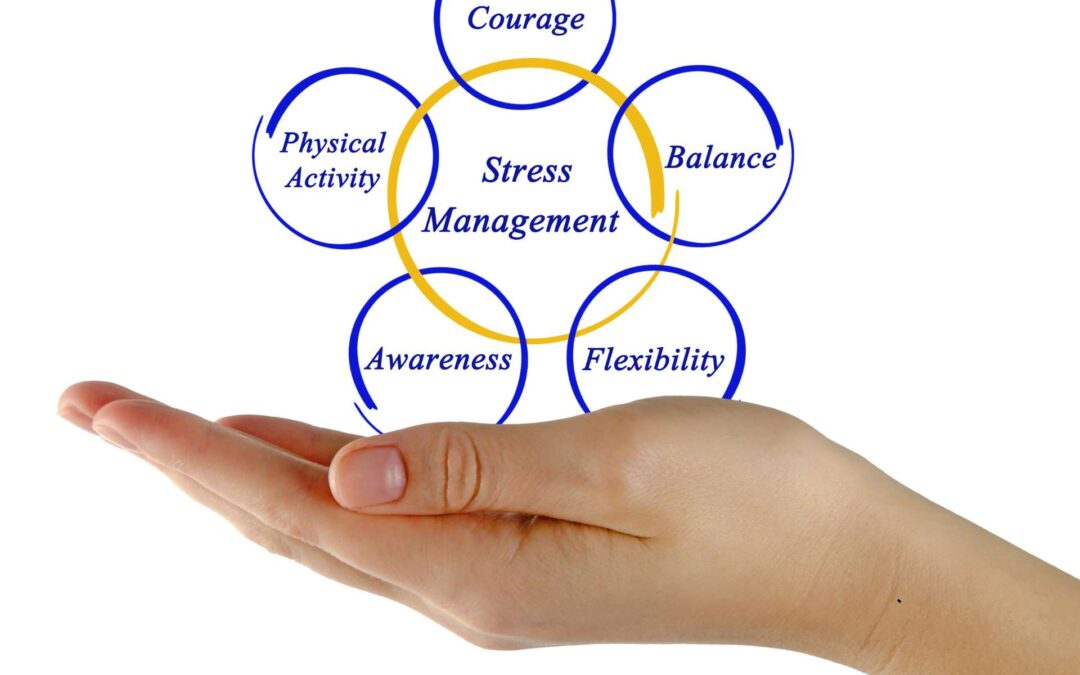When it comes to mental health, there are many myths and misconceptions surrounding psychiatric medications. While these medications can play a vital role in improving the quality of life for many individuals, it’s easy for misinformation to create doubt and hesitation. In this post, we’ll clear up some of the most common myths about psychiatric medication and help you separate fact from fiction.
Myth #1: Psychiatric Medication is Just a Quick Fix
One of the biggest misconceptions is that psychiatric medications offer an instant solution to mental health challenges. Many people believe that a single pill can cure their struggles. The reality is that medication is often part of a much broader treatment plan that can include therapy, lifestyle changes, and social support. Psychiatric medication can help stabilize symptoms and make other forms of treatment more effective, but it’s rarely a “quick fix.” It’s about finding balance and long-term well-being, not a miracle pill.
Myth #2: Psychiatric Medication Will Change Who You Are
Another common myth is that psychiatric medication will alter your personality or “numb” your emotions. Some individuals fear that they will lose their sense of self or feel disconnected from their emotions. In truth, well-managed psychiatric medication should help you feel more like yourself, not less. Medications are meant to balance brain chemistry and alleviate symptoms like anxiety, depression, or mood swings, so you can engage with life in a healthier way. It’s all about helping you be the best version of yourself.
Myth #3: Medication is Dangerous and Overprescribed
It’s not uncommon to hear that psychiatric medications are dangerous or are being overprescribed. While it’s true that no medication is without risk, it’s important to remember that psychiatric medications are thoroughly tested and regulated. A mental health professional will carefully evaluate your situation before prescribing anything, and regular check-ins ensure the treatment is working effectively and safely. Medication is not handed out lightly—it’s prescribed based on individual needs and circumstances.
Myth #4: If Medication Doesn’t Work Right Away, It’s Not the Right Medication
Some people believe that if a psychiatric medication doesn’t show immediate results, it’s not the right choice. However, finding the right medication can take time. Every person’s body reacts differently to treatment, and sometimes it can take a few tries to find the perfect match. It’s important to be patient and open to adjustments, whether it’s the dosage or type of medication. Working closely with your provider is key to making sure the medication is doing its job effectively.
Myth #5: Psychiatric Medication is Only for Severe Mental Health Issues
Many people assume that psychiatric medications are only for those with severe mental health conditions, but that’s simply not the case. Medication can be helpful for a wide range of issues, including mild to moderate depression, anxiety, and sleep disorders. Mental health treatment is highly individualized, and psychiatric medications can be a useful tool for people in various stages of mental health challenges.
In Conclusion
Psychiatric medication management isn’t a one-size-fits-all approach, and there’s no reason to let myths and misinformation hold you back from seeking the help you deserve. When prescribed and monitored carefully by a professional, psychiatric medication can be an important part of a broader treatment plan. If you are struggling with your mental health, our team of therapists and nurse practitioners are here to help. Reach out to us by filling out our new patient form today. We are here to support you on your journey toward better mental health and well-being!






